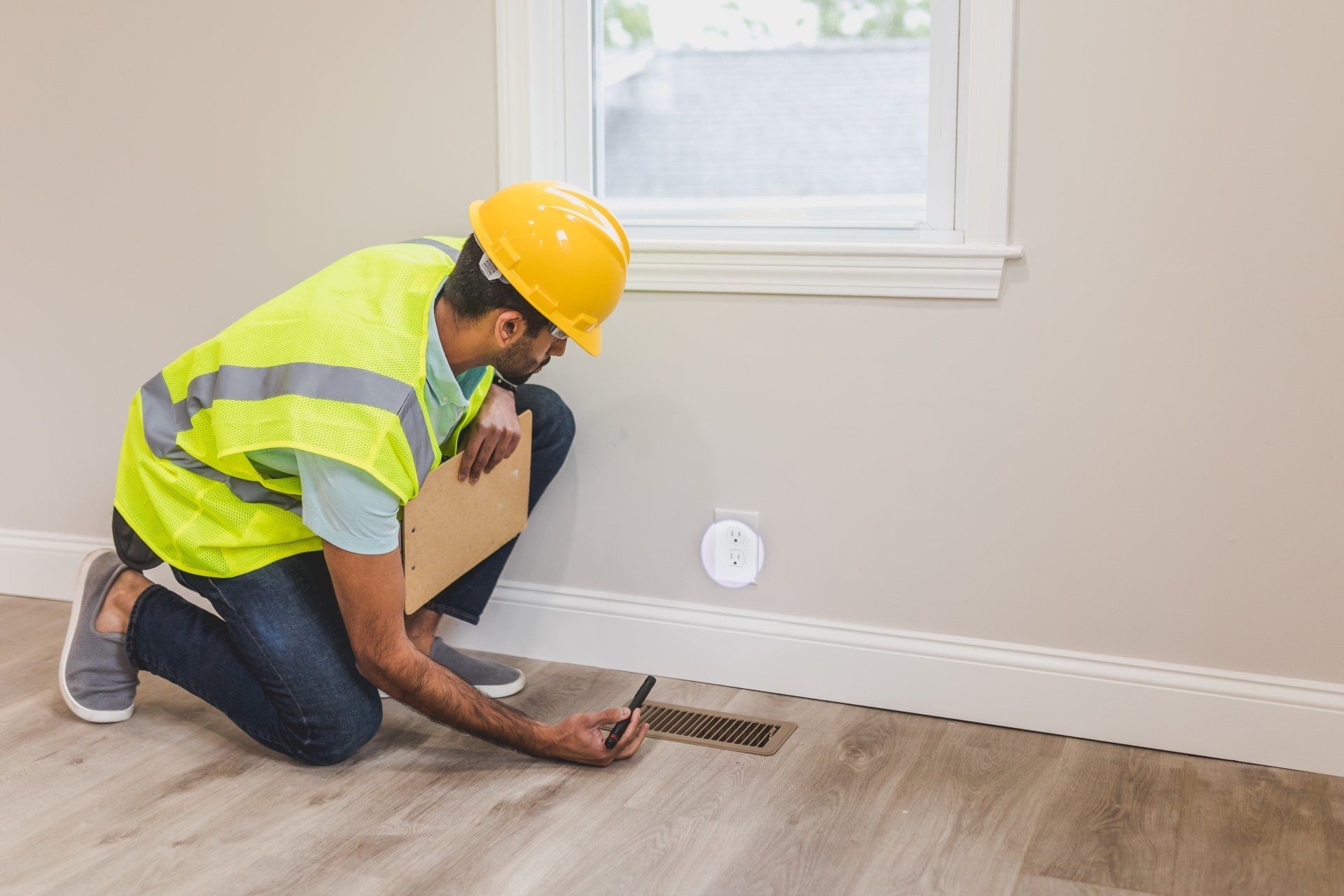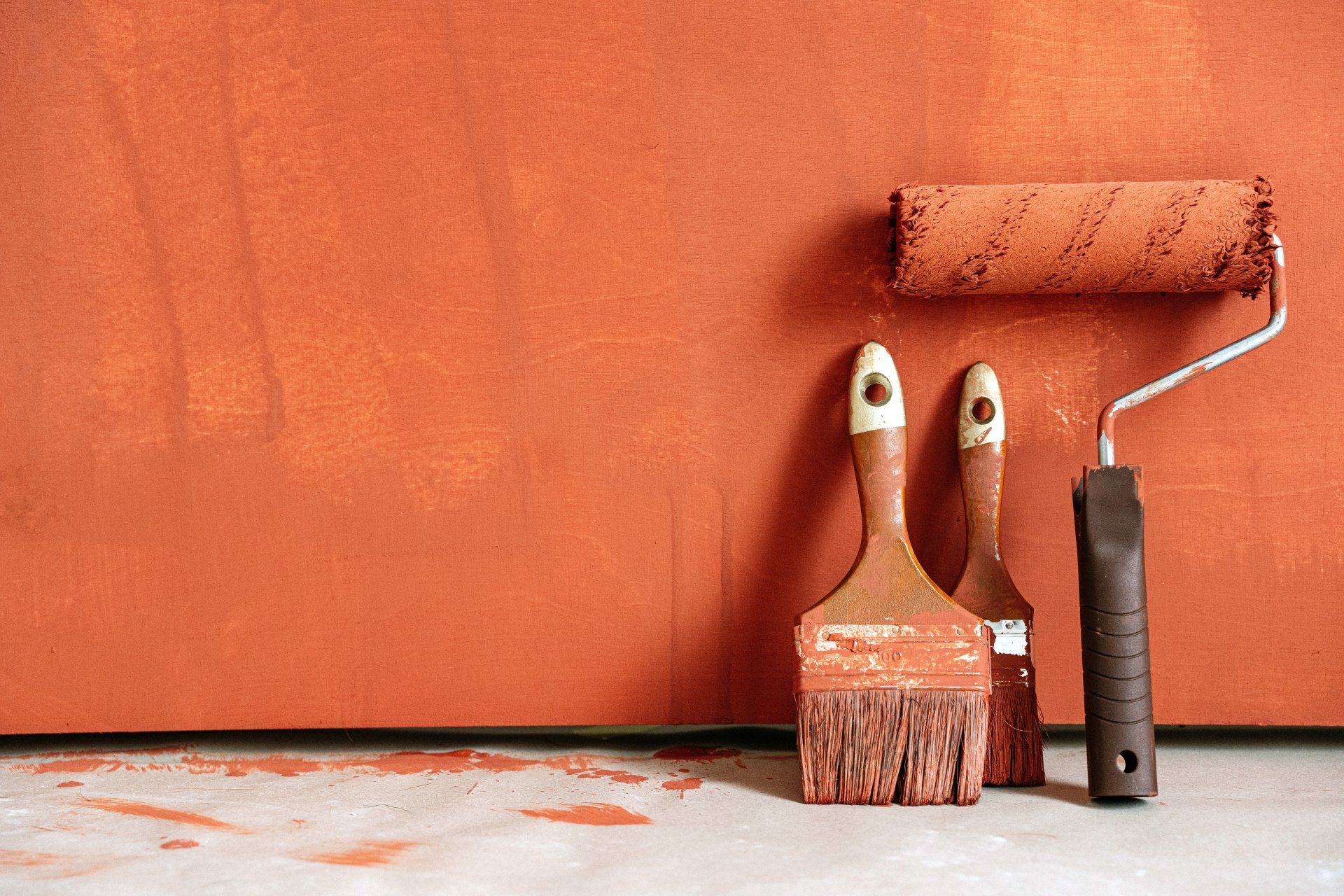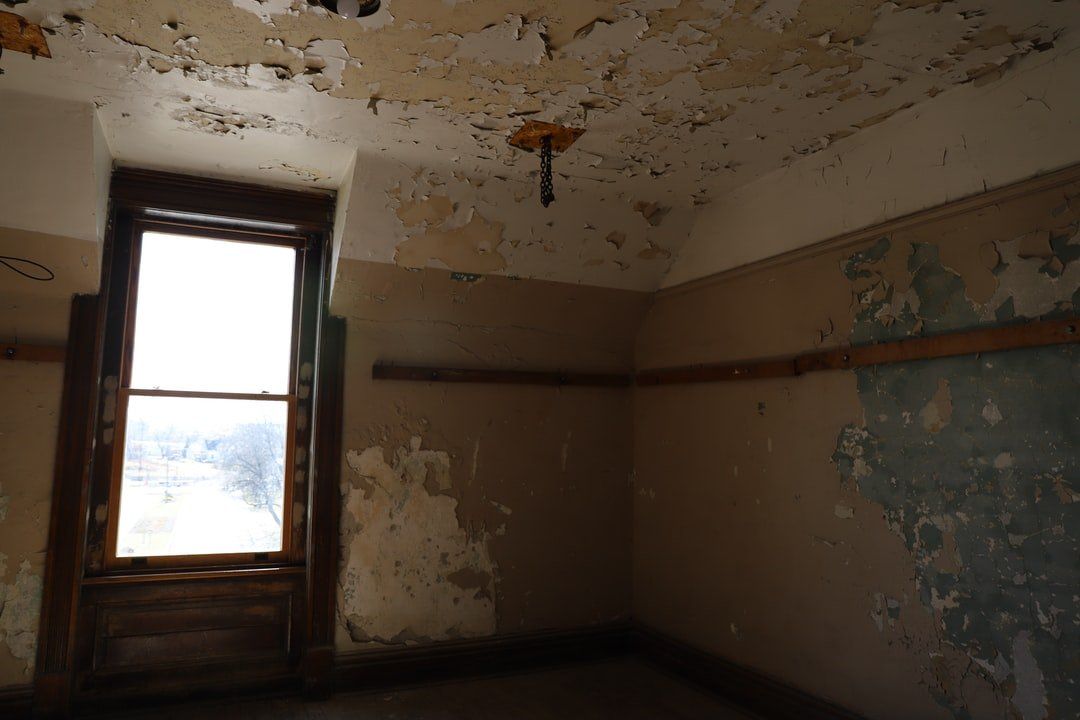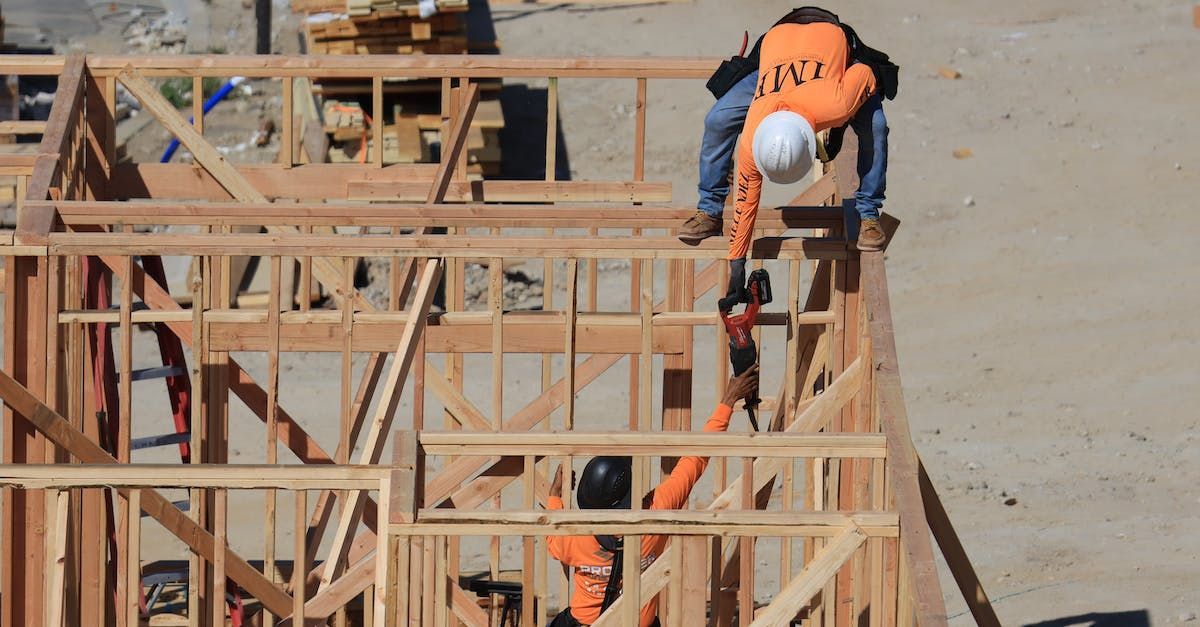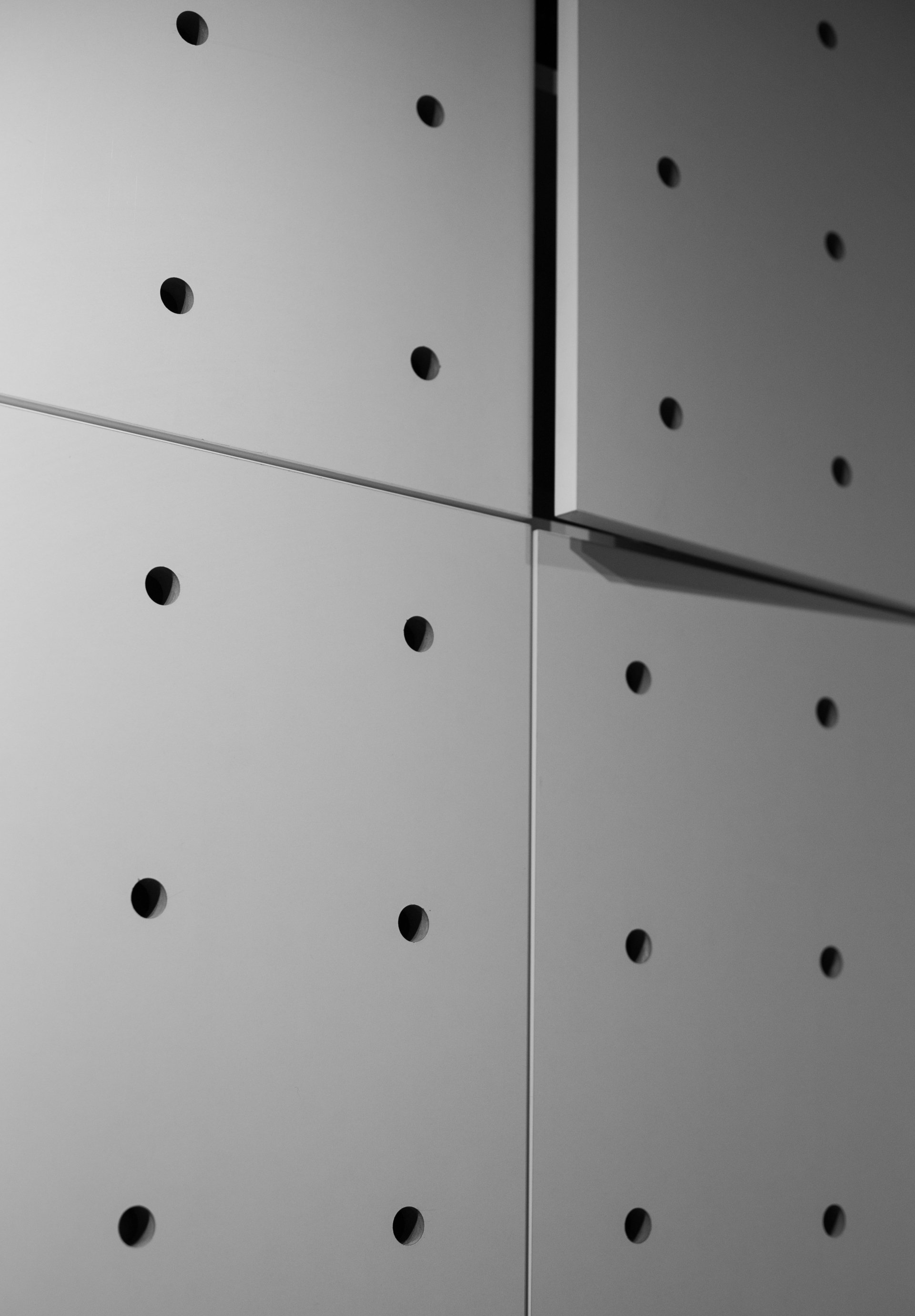Drywall Repair Done Right: Everything You Need to Know Before Hiring
The Ultimate Guide to Hiring Drywall Repair Services for Seamless Wall Fixes
Drywall plays a crucial role in shaping the aesthetics and durability of our homes. However, like any other part of your home, drywall is susceptible to wear and tear, cracks, and water damage. Whether it’s a small wall hole or more extensive sheet rock repair, professional drywall repair services ensure the job is done right. But before you hire a drywall repair contractor, there are essential factors to consider. This guide will walk you through everything you need to know before hiring a drywall contractor, including tips, tools, and common issues like water damage.
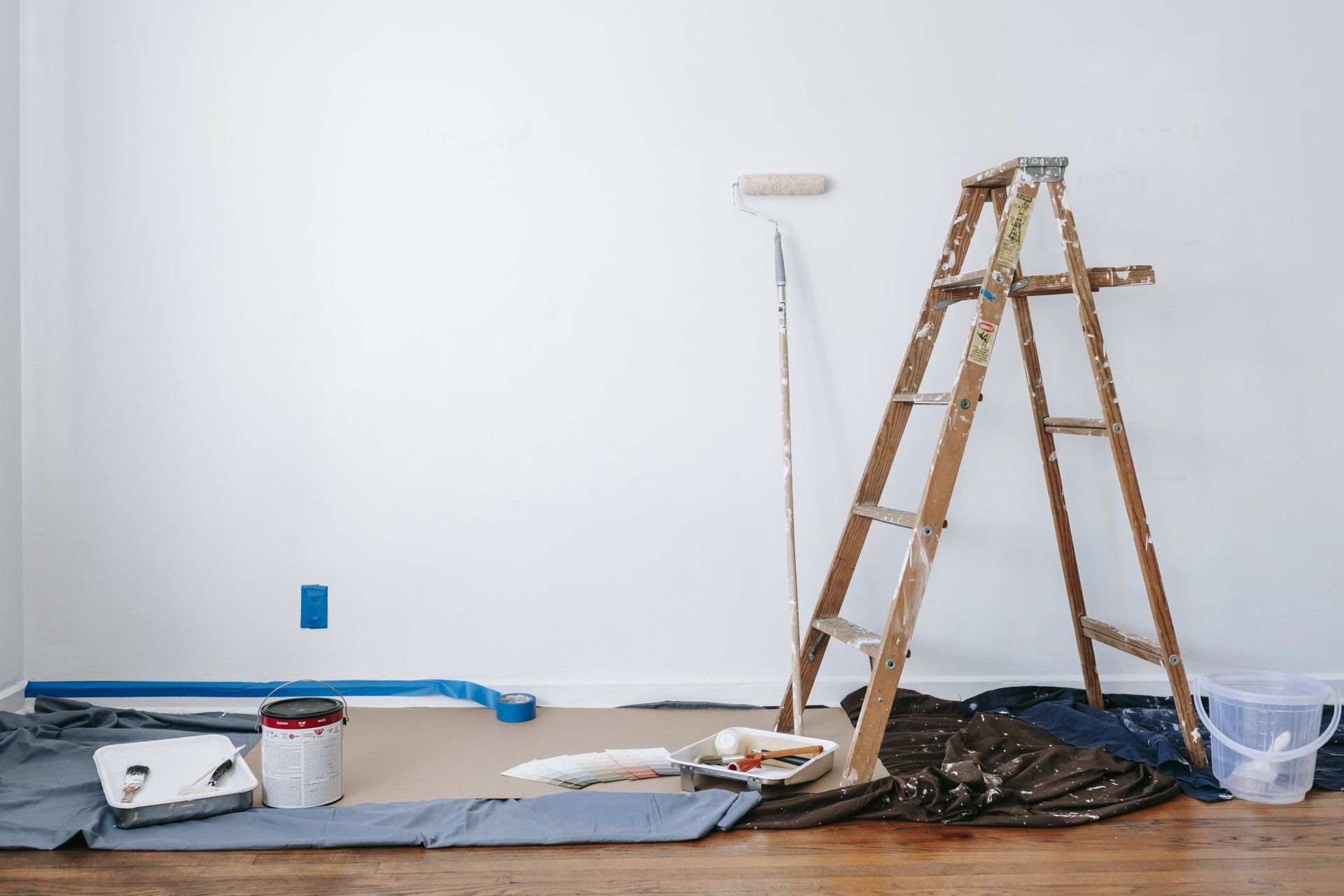
1. Understanding Drywall: What Is It and Why Does It Matter?
Drywall, also known as gypsum board or sheet rock, is a panel made of gypsum plaster pressed between two thick sheets of paper. It's used in the construction of interior walls and ceilings. Its widespread use is due to its affordability, ease of installation, and fire-resistant properties. However, while drywall is durable, it's not immune to damage, especially from impacts, water, and general wear over time.
Some common reasons for drywall damage include:
- Accidental Impacts: Moving furniture or accidental collisions can lead to holes in drywall.
- Moisture: Water damage can cause drywall to weaken and sag.
- Settling of a Home: Natural settling of homes can lead to cracks in drywall.
- Wear and Tear: General aging can lead to the need for wall repair, particularly in high-traffic areas.
2. When to Call for Drywall Repair Services
Many homeowners may be tempted to handle small drywall fixes on their own. However, for larger repairs, such as sheet rock repair or water damage drywall repair, it’s essential to hire professionals. Here are some key signs that it’s time to call a drywall repairman near you:
- Holes in the Wall: Whether large or small, patching holes in drywall is best handled by a professional, especially when it involves structural integrity.
- Cracks and Dents: Cracks due to home settling or minor dents may seem harmless, but they can expand if left untreated.
- Water Damage: Water damage wall repair is critical. If left unchecked, moisture can lead to mold growth and compromise the safety of your home.
- Sagging or Bulging Walls: These are indicators of serious water damage and may require immediate attention.
3. What to Look for When Hiring a Drywall Contractor
Hiring the right drywall repair services is crucial for ensuring a flawless result. Here’s what you should consider when looking for a drywall contractor:
a) Experience and Expertise
Always check the contractor’s experience in handling drywall repair and installation projects. You’ll want someone who understands the nuances of drywall restoration, including drywall fixes for different types of damage.
b) Licensing and Insurance
Make sure that the drywall contractor you hire is licensed and insured. This not only guarantees quality work but also protects you in case of accidents or damages during the project.
c) Local Reputation
Look for reviews and testimonials from clients who have used their services. Search for terms like residential drywall repair near me or drywall repair near me free estimate to find contractors in your area with good reputations.
d) Free Estimates
Most reputable contractors will provide a free estimate for drywall services. This allows you to compare costs and decide on the best drywall repairman near you without committing upfront.
4. Essential Drywalling Tools and Techniques for Repairs
Professional drywall contractors come equipped with specialized drywalling tools to ensure the job is done correctly. These tools not only speed up the process but also ensure the results are long-lasting. Some of the most common drywalling tools include:
- Joint Knives: Used to apply joint compound smoothly over seams and patches.
- Taping Knives: For feathering out the edges of drywall patches.
- Drywall Sander: For smoothing out the final layer of joint compound.
- Utility Knife: For cutting drywall cleanly.
- Wall Hole Filler: Essential for patching small holes in drywall.
- Drywall Screws and Anchors: Used to secure drywall to wall studs.
A qualified contractor will not only have these tools but will also be skilled in using them efficiently to complete the job.
5. The Process of Drywall Repair
When it comes to patching drywall, there are a few basic steps every contractor should follow to ensure seamless results:
a) Assessing the Damage
Before any work begins, the drywall repairman will assess the extent of the damage. For water damage drywall repair, this step is particularly crucial, as the cause of the water leak needs to be addressed before repairs.
b) Cutting and Removing Damaged Areas
For large holes or extensive damage, the damaged drywall is cut out, leaving a clean edge for the new drywall patch to be installed.
c) Installing Patches
Once the damaged area is removed, a drywall patch is cut to fit the hole. This could involve small patches for minor holes or more extensive sheet rock repair for larger areas.
d) Taping and Mudding
Next, the seams around the patch are covered with drywall tape, and several layers of joint compound (mud) are applied to create a smooth, seamless finish.
e) Sanding and Painting
Once the compound has dried, it is sanded down to match the surrounding wall. Finally, the wall is primed and painted to blend in with the rest of the room.
6. Small Drywall Repairs vs. Large Projects
It’s important to distinguish between small repairs that you can handle yourself and more extensive drywall restoration projects that require professional drywall repair services. Here’s how they differ:
Small Drywall Repairs
- Patching small holes: Holes from nails or picture hooks can often be filled with wall hole filler and sanded down.
- DIY drywall kits: For tiny repairs, these kits can be used to patch small holes in drywall.
Large Drywall Projects
- Water damage drywall repair: If the damage is due to water, the repair must be done by a professional to ensure there’s no mold or structural damage.
- Full drywall replacement: In cases where the damage extends beyond just patching holes, a full drywall installation may be necessary, especially after significant water damage or impact.
7. Cost Factors for Drywall Repair Services
The cost of drywall repair services varies depending on the scope of the job. Factors that affect pricing include:
- Size of the damage: Small drywall repairs are less costly than extensive repairs or drywall restoration.
- Type of damage: Water damage wall repair often involves more work and higher costs due to the risk of mold and structural issues.
- Location: If you're searching for drywall repairman near me or small drywall repair near me, local contractors may offer different rates depending on regional costs.
- Free Estimates: Requesting a drywall repair near me free estimate can help you gauge costs before committing to a contractor.
8. Importance of Preventative Maintenance
Finally, it’s important to stay on top of drywall maintenance to prevent larger problems down the road. Regular inspections can help you catch small cracks or moisture issues before they turn into bigger, more expensive repairs. Some preventative measures include:
- Regularly checking for leaks: Especially around windows, doors, and plumbing.
- Keeping an eye on cracks: Monitor cracks in drywall to ensure they don’t grow larger.
- Maintaining proper ventilation: This is crucial in preventing moisture build-up, which can lead to water damage drywall repair.
Conclusion
When it comes to drywall repair, it’s essential to choose a professional contractor who understands the intricacies of patching drywall, fixing water damage, and ensuring long-lasting repairs. By taking the time to find the right drywall repairman near me, comparing costs through free estimates, and ensuring the use of proper drywalling tools, you can guarantee that your walls will be restored to their original beauty and function. Whether you’re dealing with small cracks or extensive water damage wall repair, hiring the right drywall services will save you time, stress, and potentially larger expenses in the future.
